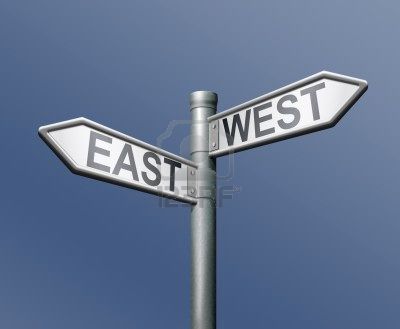Venezuela
is the country with soaring figures of consumerism in South America and the
world in general. According to figures, Venezuela consumes more Blackberry
phones than any other country in the world and more the Brazil and Mexico
combined.
Pretty
much everyone has a Blackberry or another expensive phone. Blackberry phones
signal fortune and wealth. If you have one you are definitely going to be taken
care more seriously.
Kids
from as young as the tender age of 10 own Blackberry phones. But also the poor
of the country are not behind. In fact there are stories of people who will say
they don’t have money but buy Blackberry phones because of the pervasive
pressure to go with times.
But
this consumerism doesn’t stop here. It goes along way up to the clothes, shoes
and cars. Moda is very important for
the Venezuelan people and the malls are always loaded with consumers who go out
with bags and bags of newly purchased merchandise.
But
not just in the expensive malls will you find shopaholics. In the downtown
famed for its affordability is where consumers swam the shops like bees, ladies
purchasing shoes and men new shirts.
As
I pass the narrow closed street of 20th Avenue where shops are lined
up on each side, I am not shocked anymore to be bumping with thousands of
shoppers tagging along their kids for a Saturday of new shoes and the like.
The
clothes shops filled with shoppers display goods on sale with 50% discount of
some selected merchandise. These shops have employed people special to speak on
loud speakers attracting customers with the sweetest words.
And
so as the day dies off, I have managed to buy boxers of about US$15, three
pairs of socks of US$2, a bag of about US$15 and a cheap cologne from a seller
who couldn’t stop talking of about US$10.
This
is part of the lives of many of the Venezuelans.
But
why such consumerism?











